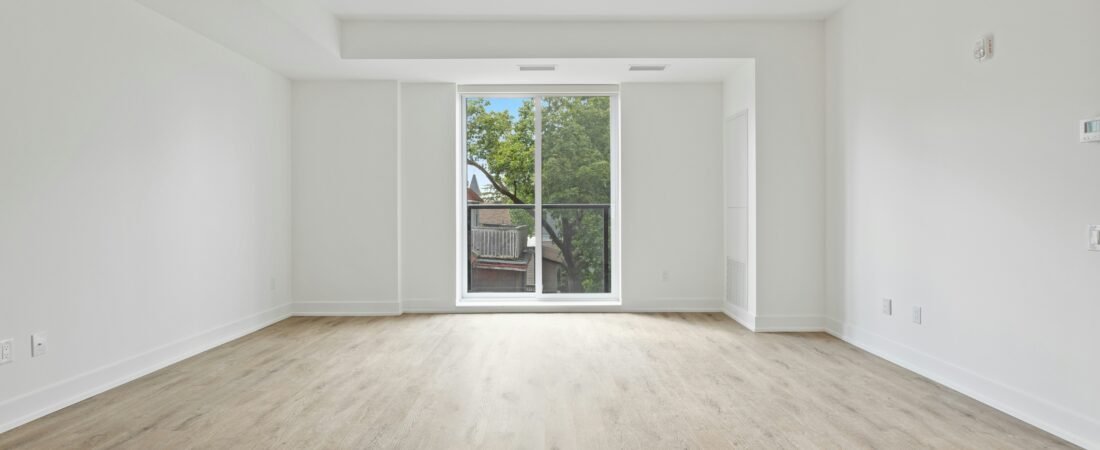In 2023, more than 3 million vacant homes were recorded in France, according to INSEE. This represents approximately 8% of the national housing stock. While the housing crisis affects many families who are struggling to find housing, why do some owners refuse to rent out their unoccupied properties? The question is worth asking, because instead of looking for culprits in short-term rentals, it seems more relevant to question the real reasons behind the scale of the phenomenon of vacant housing.
An alarming situation
The number of vacant homes continues to rise, fueling the housing crisis. In Paris, for example, nearly one in five homes is reportedly unoccupied. Meanwhile, the rental market is increasingly tight, with rising rents and declining rental offers. In October 2023, rental supply fell by 8.6% compared to the previous year, further increasing the pressure on those looking for housing.
Who are the owners of these vacant homes?
According to a study by the Interministerial Directorate for Public Transformation, nearly 50% of owners of vacant housing are over 65 years old, and a third of them own four or more properties. These owners are often elderly and wealthy people, living close to their properties. This situation reveals that the problem of vacant housing is not simply linked to a lack of properties to rent, but also to a more complex phenomenon, where the question of profitability and property management takes a central place.
Taxation: a determining factor
One of the main obstacles to renting out vacant properties seems to be taxation. Many owners consider that the tax conditions for long-term rentals are too disadvantageous compared to furnished or seasonal rentals. Taxing unfurnished rentals does not encourage renting out, particularly in a context where owners do not receive sufficient income to compensate for taxes, charges and maintenance costs.
An owner in Haute-Savoie, for example, explains that after doing the calculation, he prefers to leave his property unoccupied rather than commit to a long-term rental. This observation is shared by many others, who also highlight a lack of visibility on the evolution of real estate taxation, which leads to a wait-and-see attitude among owners.
Energy-sapping housing: another obstacle
Another factor in vacant housing is linked to the dilapidated state of certain properties. Thermal sieves, i.e. housing with poor energy performance (class F or G), represent a significant proportion of vacant housing. Legislation on energy renovation is becoming increasingly strict, and many owners find themselves unable to carry out the work necessary to bring their property up to standard.
The weight of rental management
Rental management is another headache for many owners. Between finding reliable tenants, managing rents and possible unpaid rent, some prefer not to take the risk of renting their property. The fear of bad payers, although often unfounded (3.55% of leases in large French cities are affected by unpaid rent), pushes some to stand still. In addition, for older owners, the idea of managing a rental property is simply discouraging.
The impact on society
Vacant housing has a cost for society. In Paris, where one in five homes is unoccupied, the consequences are serious. The Parisian rental market is in crisis, and these empty homes contribute to aggravating the shortage of properties to rent. Jacques Baudrier, deputy for housing at Paris City Hall, emphasizes that if the capital were to empty itself of its inhabitants, the consequences would be dramatic.
Some proposals, such as increasing taxes on vacant homes and second homes, have been put forward, but they are far from unanimous. The right to property is a fundamental principle, and measures that are too severe risk upsetting the balance between encouraging rentals and respecting the freedom of owners.
Conclusion: far from being the cause, short-term rental is often a scapegoat
While short-term rentals are often blamed for the housing shortage, it seems more relevant to focus on the real causes of vacant housing. Owners of these unoccupied properties are often faced with tax constraints, rental management issues or difficulties related to energy renovation. Before looking for culprits where they are not, it is crucial to rethink how public policies can encourage the rental of these vacant homes, in order to relieve the rental market and offer more solutions to French people looking for a roof over their heads.

